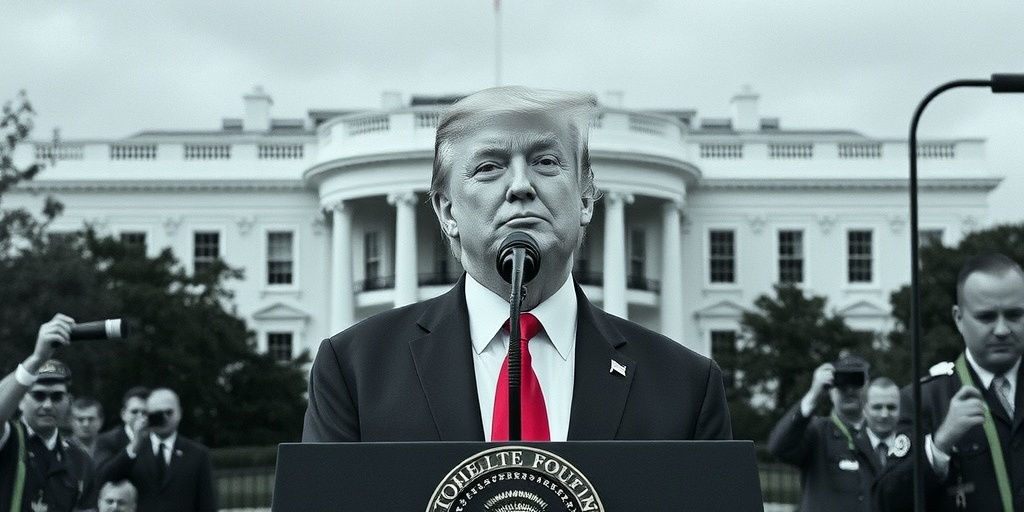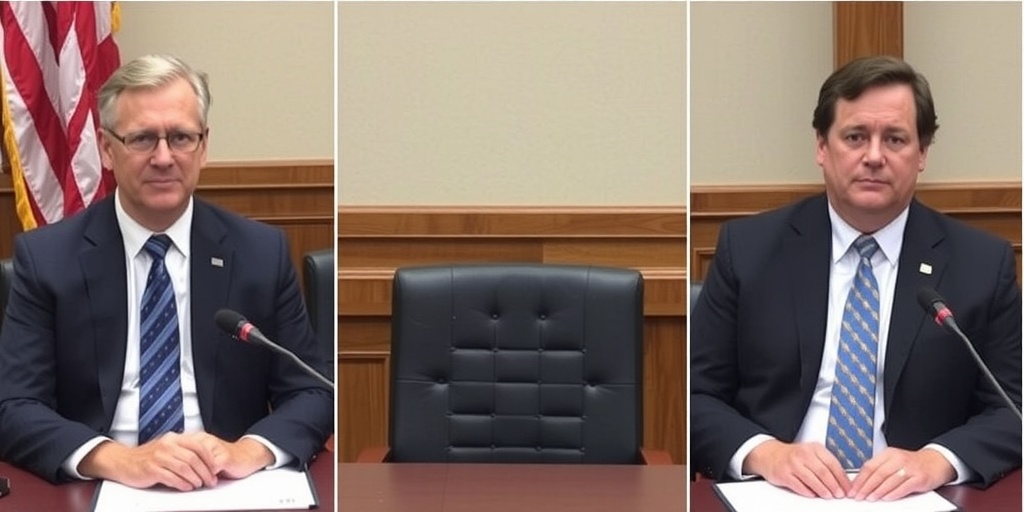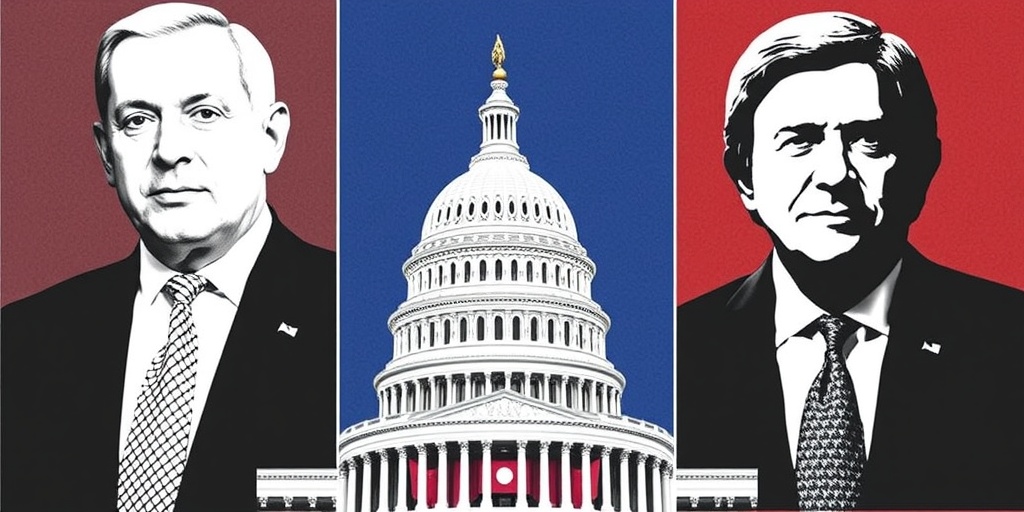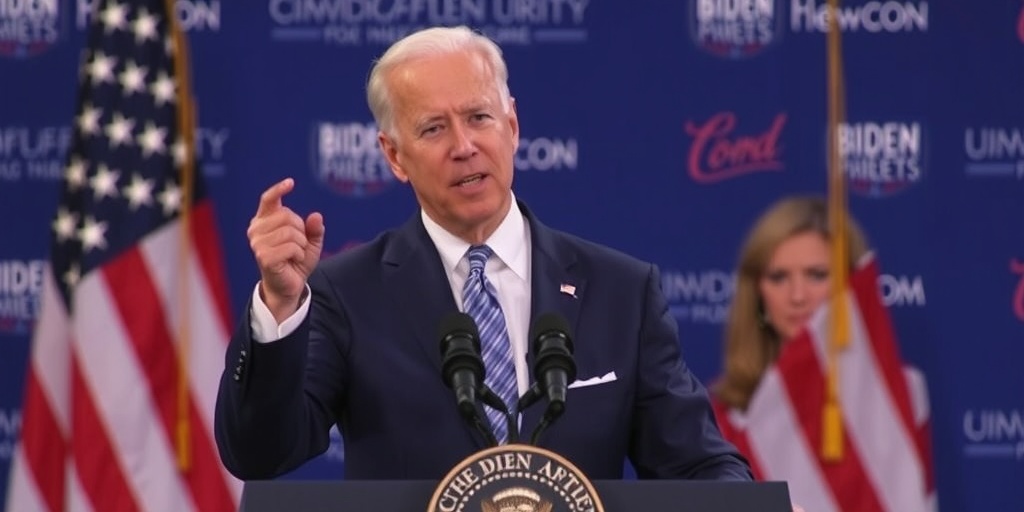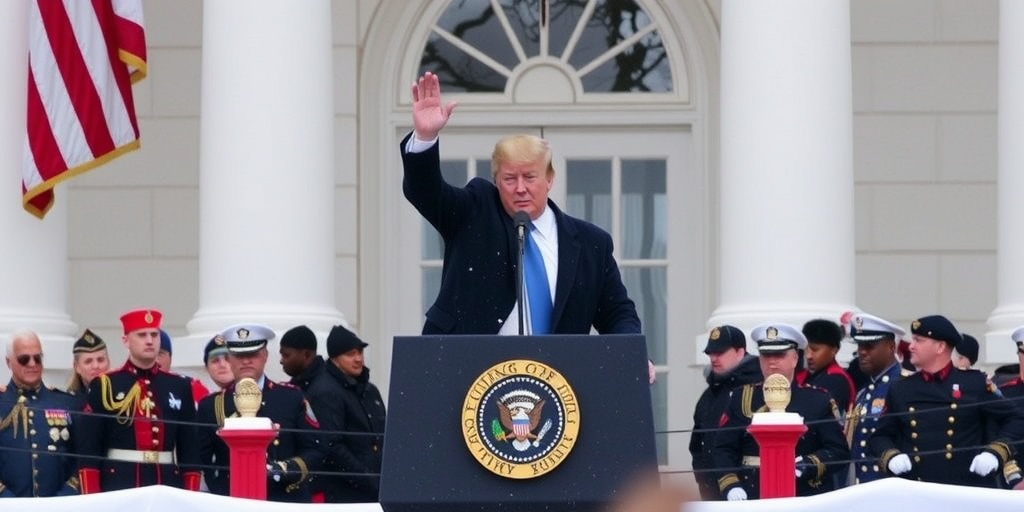Now Reading: Beijing’s Final Say on TikTok Deal
-
01
Beijing’s Final Say on TikTok Deal
Beijing’s Final Say on TikTok Deal
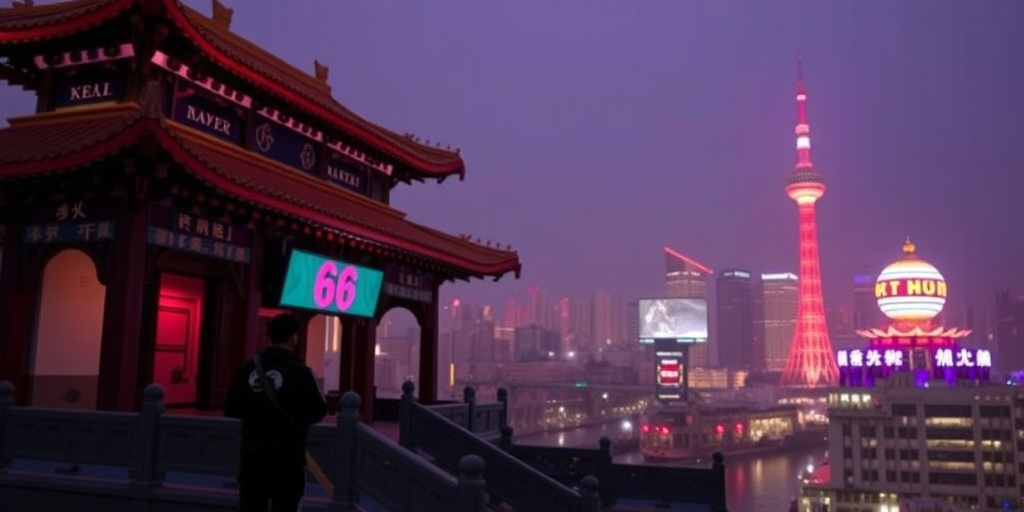
China’s Dilemma Over TikTok: Sale or Sovereignty?
In a rapidly escalating saga that intertwines global technology, national security, and international politics, TikTok, the popular social media platform owned by Chinese company ByteDance, finds itself at the center of a contentious debate regarding a potential forced sale. Two years back, the Chinese government made it clear that it would oppose any compulsion for ByteDance to sell TikTok amid rising concerns in the United States over data privacy and the app’s ties to China. Fast forward to recent developments where the U.S. Supreme Court’s ruling against TikTok has put Beijing in a delicate position: should it actively seek to block a sale or let events unfold?
For the past five years, TikTok has endeavored to mitigate escalating scrutiny from U.S. lawmakers and officials. The platform has strategically shifted operations, moving staff outside of China and holding discussions with notable American firms such as Microsoft and Oracle for possible deals. In an attempt to appeal to U.S. regulators, ByteDance appointed Shou Chew, a Singaporean national, as TikTok’s CEO, who notably testified before Congress in 2023. Despite these efforts, fears persist among U.S. lawmakers that TikTok could be manipulated to disseminate disinformation or that it might provide the Chinese government access to sensitive data belonging to its sizable user base of 170 million Americans.
Compounding this situation, the Supreme Court recently upheld legislation allowing for either the forced sale of TikTok or a complete ban of the app in the United States. This development creates a new layer of complexity for Beijing as the Chinese government now holds the power to influence the app’s fate on the global stage.
However, any potential sale or divestiture of TikTok would not be straightforward. In 2023, Shu Jueting, a spokeswoman for China’s Ministry of Commerce, outlined the regulations where the approval of the Chinese government is essential for the export of various technologies, specifically mentioning a list of restricted technologies established in 2020. This list includes TikTok’s recommendation algorithm, a fundamental component that determines the content users see on the app.
The Chinese government has not indicated a favorable stance toward a sale. In March of last year, Wang Wenbin, the spokesperson for China’s foreign ministry, criticized the notion of a forced sale, denouncing it as “sheer robbers’ logic,” condemning attempts to seize foreign entities’ assets. This sentiment reflects the broader Chinese policy of maintaining control over technology and data, especially concerning significant international platforms like TikTok.
In theory, should Beijing approve the export of TikTok’s algorithm, it might also require ByteDance to seek a licensing agreement before selling the technology to foreign buyers. However, legal experts have raised questions concerning the enforceability of such regulations. Donald C. Clarke, a prominent Chinese law specialist at George Washington University, pointed out that since TikTok’s algorithm is already in use within the U.S., the efficacy of China’s enforcement measures remains uncertain.
Another factor that could play a crucial role in how Beijing navigates a potential TikTok deal is its "golden share" strategy. This arrangement allows the Chinese government to acquire a minor equity stake in companies and thus gain representation on their boards and veto power over crucial business decisions. In 2021, a Chinese state-controlled investment fund acquired a 1% stake in a ByteDance subsidiary, gaining significant oversight capacity.
This model has typically been employed to enhance regulatory supervision over firms that produce media specifically for Chinese audiences. Social media platforms like Douyin, which is a counterpart to TikTok, and Toutiao, a popular news aggregator in China, are both products of ByteDance and demonstrate how integrated recommendation algorithms are in the Chinese digital ecosystem.
As the situation grows increasingly intricate, multiple regulatory bodies within the Chinese government could claim authority over a TikTok transaction, adding further complications to any prospective sale. Kendra Schaefer of Trivium China suggests that navigating the approval process could become a convoluted task, given the potential overlap and involvement of various regulatory entities. "Approval could get messy considering how many regulatory cooks are in the kitchen," she noted, highlighting the bureaucratic labyrinth surrounding tech transactions in China.
Overall, TikTok’s future hangs in balance, caught amid the clashing interests of the U.S. and Chinese governments. As both sides navigate this complex web, the outcome remains uncertain, with implications that could impact diplomatic relations, technology export regulations, and the landscape of social media globally. The world watches closely as this high-stakes situation unfolds, understanding that a resolution could set a precedent for how international tech relations will be managed in the years to come.
Stay Informed With the Latest & Most Important News
Previous Post
Next Post
-
 01New technology breakthrough has everyone talking right now
01New technology breakthrough has everyone talking right now -
 02Unbelievable life hack everyone needs to try today
02Unbelievable life hack everyone needs to try today -
 03Fascinating discovery found buried deep beneath the ocean
03Fascinating discovery found buried deep beneath the ocean -
 04Man invents genius device that solves everyday problems
04Man invents genius device that solves everyday problems -
 05Shocking discovery that changes what we know forever
05Shocking discovery that changes what we know forever -
 06Internet goes wild over celebrity’s unexpected fashion choice
06Internet goes wild over celebrity’s unexpected fashion choice -
 07Rare animal sighting stuns scientists and wildlife lovers
07Rare animal sighting stuns scientists and wildlife lovers













